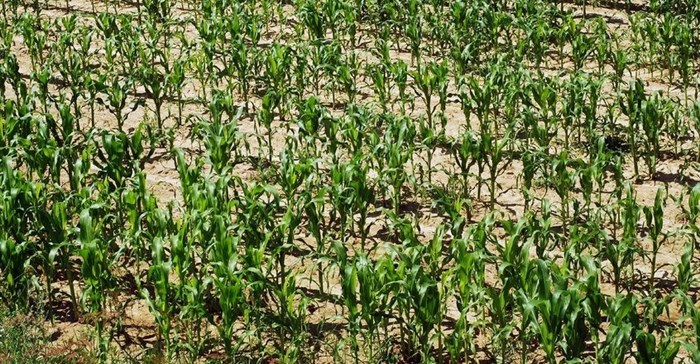SA's worst drought on record, a plunging currency, and debt-burdened consumers are weighing on the country's biggest food producers, who may sacrifice profits to keep prices affordable and preserve market share.
The shares of food producers including Pioneer Food Group and RCL Foods, have this month fallen to the lowest in more than a year, as domestic prices of important staples, such as white maize, doubled over the same period, while wheat rose 25%.
As the worst drought since records started in 1904 decimates food crops, import costs are surging, with the rand losing 30% against the dollar since the start of last year, the worst performer among 16 major currencies tracked by Bloomberg, after Brazil's real.
"The prices of soft commodities have gone through the roof," Cratos Capital analyst Ron Klipin says, referring to the grains. "It's very difficult to pass on and claw back those prices, so the companies are going to have to absorb it."
Apart from rising food prices, consumers' spending power is set to be curbed by probable rate increases in a country in which debt exceeds 78% of households' disposable income, KPMG economist Lullu Krugel says.
Forward-rate agreements starting in six months, used to speculate on borrowing costs, show investors are pricing in 100 basis points of increases by the Reserve Bank in the first half of the year.
Tiger Brands, the largest producer of foods by market value, last week declined to the lowest level since June, while on Monday, Pioneer Foods, the second-biggest, dropped to the lowest since November 2014. RCL Foods, which makes chicken, fell to its weakest level since November 2012.
"We will probably see a significant pick-up in food inflation," Avior Capital Markets analyst Jiten Bechoo says. "Even then, it may still mean margin pressure because it is going to be insufficient to cover costs."
Food inflation will probably exceed 10% by the middle of this year, Krugel says. It was 4.8% in November, Statistics SA data show.
Food prices are expected to increase as much as 25% in the year ending April next year, National Agricultural Marketing Council CEO Ronald Ramabulana says.
Higher input costs do not necessarily imply sacrificing margins, Pioneer Foods CEO Phil Roux says. The company is the largest seller of maize meal, derived from white maize. While the price movements of grains have been extreme, the company has a wide product portfolio, "which in times like this goes some way to preserving profitability", Roux says.
Tiger Brands is investing in its operations to reduce the cost of manufacturing food, which would help offset the effect of pricier ingredients, says Nikki Catrakilis-Wagner, the head of investor relations. This year "will be tough", she says. RCL Foods did not respond to questions.




































